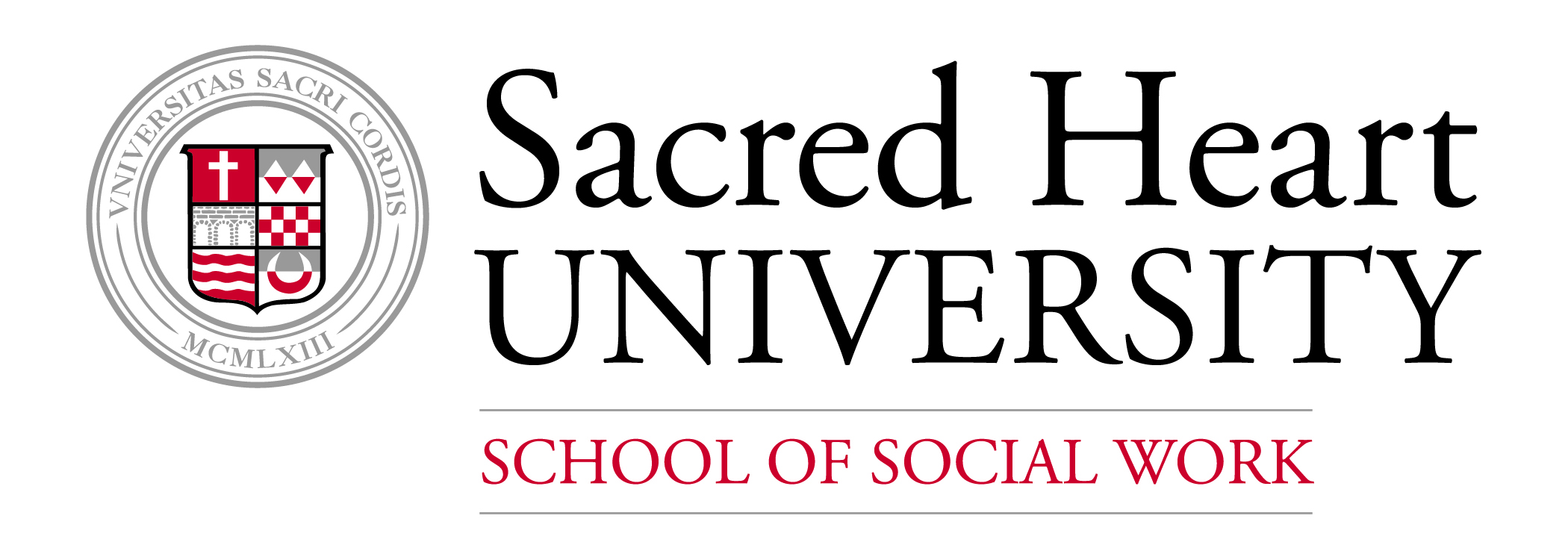Document Type
Peer-Reviewed Article
Publication Date
Spring 2018
Abstract
Cambodian genocide survivors experience health disparities associated with their traumatic experiences. Cambodian community organizations in the United States are severely challenged to serve these survivors. Community leaders have identified a sub-set of community members of particular concern: those at either end of the age spectrum (elders and young people) who are socially isolated. As part of a larger community-based participatory research project, we conducted a focus group with seven Cambodian community leaders from six cities that sought to better understand the phenomenon of social isolation of Cambodian elders and young people in order to inform health promotion efforts. Cambodian leaders expressed keen concern for those community members who rarely seem to leave their homes or interact with the Cambodian community. Prominent themes identified by leaders related to isolation were: a generational pattern; benefits of extended family; health concerns; the impact of stigma and fear; lack of sufficient resources; and cultural influences. In addition, leaders identified several possible solutions to address the phenomenon of social isolation in their communities. Health promotion efforts in this population should identify isolated individuals and enhance their social connectedness and support networks as part of a larger integrated effort.
Recommended Citation
Berthold, S. M. & Kong, S. & Ostrander, J. & Fukuda, S. (2018). Socially isolated Cambodians in the US: Recommendations for health promotion. Advances in Social Work,18(3), 808-832. doi: 10.18060/22318
Creative Commons License

This work is licensed under a Creative Commons Attribution 4.0 International License.


